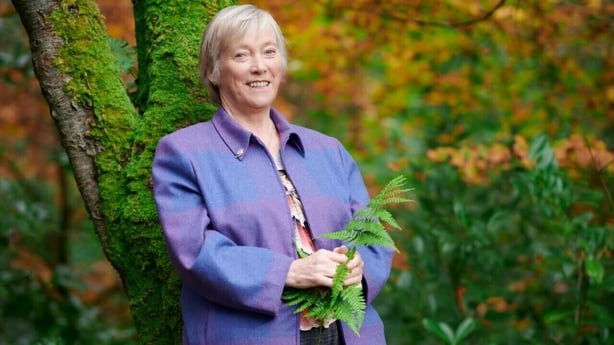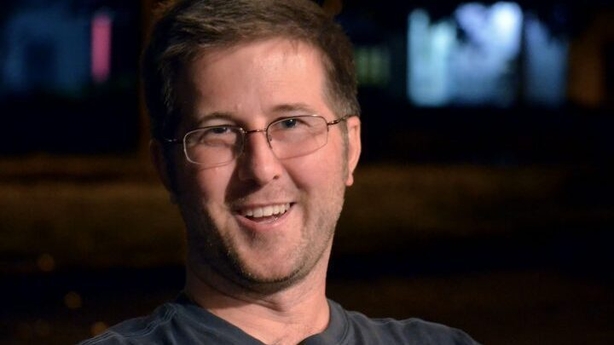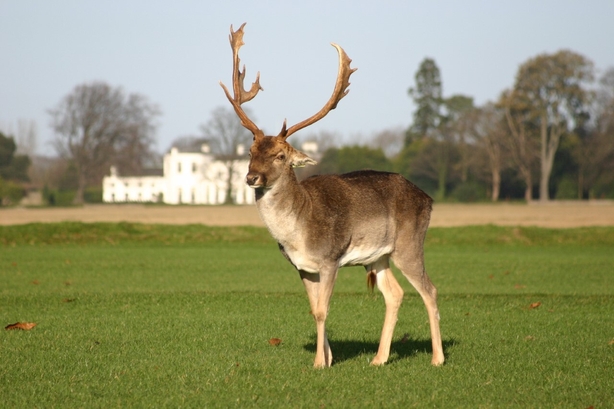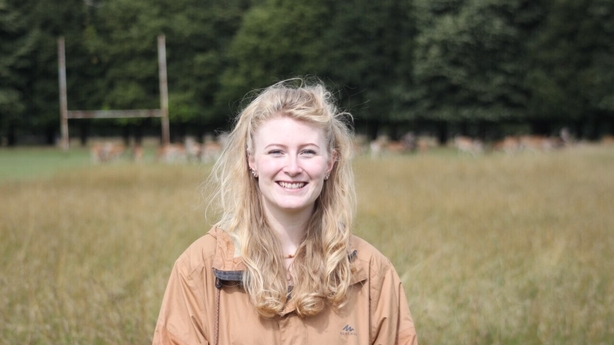To listen to RTÉ.ie's radio and podcast services, you will need to disable any ad blocking extensions or whitelist this site.

0
00:00
00:00
Episode Notes
Panel: Éanna ni Lamhna & Niall Hatch

How can we help threatened species to cope with climate change?
Last week, the Intergovernmental Panel on Climate Change published an alarming report, outlining how human-caused climate change is already having a serious impact on our planet, and warning that time is fast running out for us to take action to minimise the damage. According to the report, we are hurtling towards a point of no return, and the situation is extremely urgent.
Conservation efforts have traditionally focused on historic threats to species, like habitat destruction and overexploitation. And while addressing those threats remains vital, it's becoming increasingly clear that we need to understand how climate change could harm the various species we're trying to protect.

Nikhil Advani - Photo World Wildlife Fund
On tonight’s programme, we are joined from Mexico by Nikhil Advani, Director of Climate, Communities and Wildlife with the World Wildlife Fund, who tells us about his work to help endangered species, such as Green turtles, Gorillas and Tigers, cope with a rapidly changing climate.
For more information on the WWF’s work in this area, visit worldwildlife.org
He’s a sound fellow!
In recent years, a lot of very serious research has gone into the sounds that animals make, as well as the reasons that they make them and what we human beings can learn from them.
At the forefront of this work has been the Macaulay Library, the world’s premier scientific archive of natural history audio, video and photographs. It is a department of Cornell University’s world-renowned Cornell Laboratory of Ornithology, the leading academic avian research institute in the world, situated in the city of Ithaca in the picturesque Finger Lakes region of upstate New York.
The Macaulay Library’s history is rooted in recordings of bird calls and songs, though its collection also encompasses numerous amphibians, fishes and mammals. The library’s sound collection preserves recordings of each species’ behaviour and natural history. Its mission is to facilitate the ability of others to collect and preserve such recordings and to promote the use of these recordings for diverse purposes, spanning scientific research, education, conservation and the arts.

Matthew Medler - Photo Cornell
To explain more, we are joined on this evening’s programme by Matthew Medler, Collections Management Leader at the Macaulay Library.
For more information on the Macaulay Library and its work, visit macaulaylibrary.org
For more information on frogs in Ireland, visit ipcc.ie/a-to-z-peatlands/frogs
Don't feed the deer
One of the most famous and popular features in Dublin's Phoenix Park is its herd of Fallow Deer, which have been a feature of this urban oasis for centuries. There appears to be a growing problem with people feeding the deer in the park, and the steady diet of 'junk food' they receive has been taking its toll on some of these majestic creatures, and could even be affecting their survival.

Photo - Terry Flanagan
On tonight's programme, our roving reporter Terry Flanagan visits the Phoenix Park to speak to Laura Griffin, who is currently completing her PhD on the park's deer and who has noted all sorts of inappropriate foodstuffs, and even energy drinks, being given to them by members of the public. Laura tells us why this is such bad news for the deer, and why it is vitally important that park visitors do not attempt to give any food whatsoever to them.

Laura Griffen - Photo Terry Flanagan
